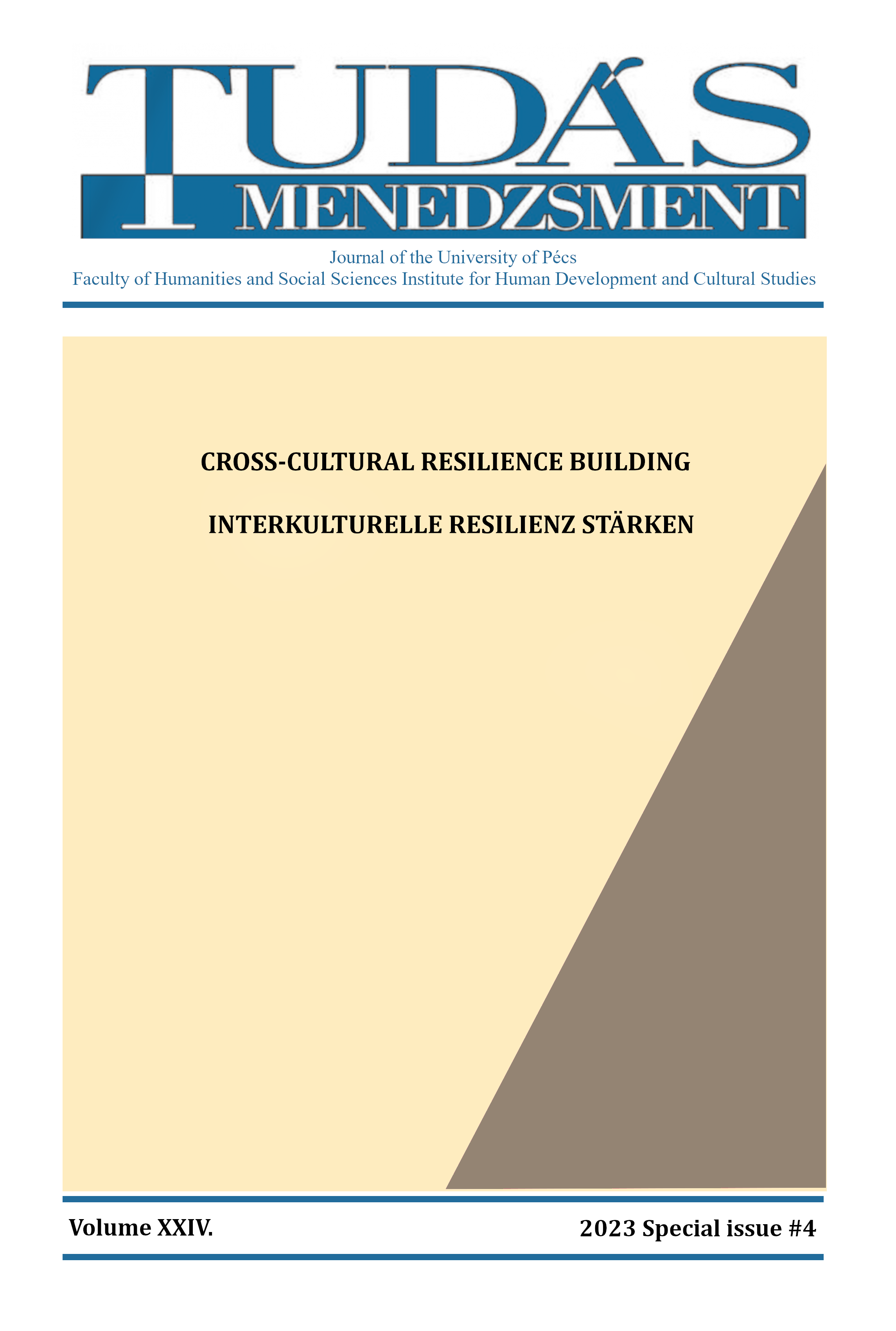The city as memory in contemporary Polish women's literature
DOI:
https://doi.org/10.15170/TM.2023.24.K4.10Kulcsszavak:
urban theory, spatial politics, Polish literatureAbsztrakt
The research is based on the hypothesis that geographical spaces reflect the imprint of social, political, historical and cultural life. Spatial representations of settlements are the projections of social crisis and historical periods. The city has its own vocabulary and language, reflected in its buildings and spaces. These 'speaking' cities are open in space and time, and become theatres of self-writing, as the spaces of the city try to find forms of expression to see unspoken traumas, that is, theories of the city are also theories of the subject.
The main question of the investigation is: what are the specific possibilities and challenges for Polish contemporary women's literature to mobilise social memory and to create possibilities for confronting the traumatic past? Using examples from Olga Tokarczuk's novels Dom dzienny, dom nocny (Day House, Night House) and Joanna Bator's Piaskowa Góra (Sand Hill), I will present the relationship between memory and coming to terms with the past in the historical context of East-Central Europe in Poland. In particular, I will focus on the ways of reflecting on historical events of the Second World War and the regime change of 1989.
A further aim of the research is to explore how Polish women's literature after 1989 attempts to come to terms with the great social traumas of the twentieth century. In the following, I intend to examine the fictional representation of the culture of memory of the 1989/90 regime change in the body of contemporary Hungarian and Polish women's literature in order to find a common intersection of Central and Eastern European literatures.


